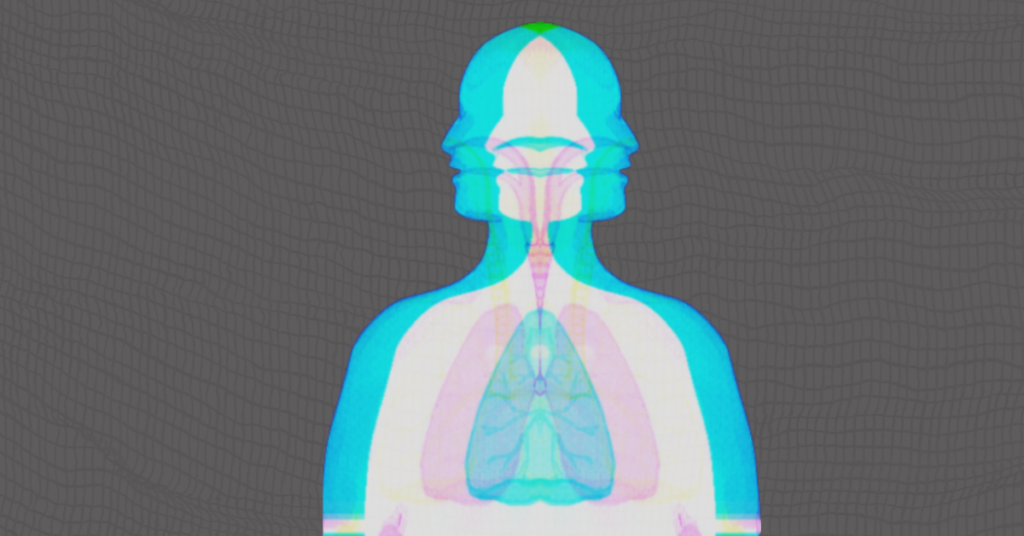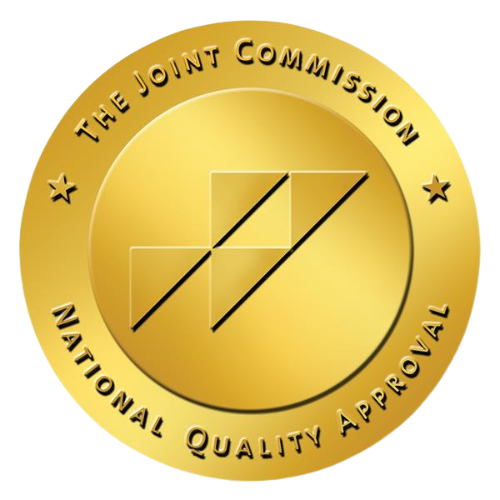Respiratory therapists see a range of patients, from those fighting for their lives in intensive care units to individuals with sleep apnea.
Although there was certainly a spotlight on respiratory therapists during the COVID-19 pandemic, this hardy group has long played an essential role in the healthcare industry. Like all big decisions, you might have a few questions if you’re considering working in the healthcare sector as a respiratory therapist. This brief guide will give you some need-to-knows to help you be more prepared.
What is a respiratory therapist?
Respiratory therapists are certified medical professionals who treat problems with your lungs or breathing.
This includes (but is not limited to):
- Asthma
- Cystic fibrosis
- Spinal or muscular dystrophy
- Parkinson’s disease
- ALS
- Other trauma that prevents patients from breathing on their own
Types of Respiratory therapists: CRT VS RRT
There are two principal credentials for respiratory therapists: the Certified Respiratory Therapist (CRT) and the Registered Respiratory Therapist (RRT).
Upon graduation, candidates can take the Therapist Multiple-Choice (TMC) Examination, which has two cut scores as results. If a candidate achieves the low-cut score, they will earn the Certified Respiratory Therapist (CRT) credential. If a candidate achieves the high-cut score, they will earn the CRT credential AND become eligible for the Clinical Simulation Examination (CSE).
Once the respiratory therapist earns the CRT credential and meets the CSE eligibility requirements, they can challenge the CSE. The Registered Respiratory Therapist (RRT) credential is given to candidates who pass both the TMC and CSE and is nationally recognized as the “standard of excellence” for respiratory care professionals.
Duties of a Respiratory Therapist
- Take patient histories and perform initial chest exams
- Analyze blood oxygen and gas levels
- Diagnose lung disorders and determine treatment methods
- Educate patients and their families on beneficial exercises and treatments
- Perform patient evaluations in collaboration with attending physicians
- Respond to sudden cardiac arrest or other urgent care calls
How to become a respiratory therapist traveler
Skills and Requirements
- CRT certification
- RRT certification
- CPR certification
- Basic Life Support for Healthcare and Public Safety (BLS)
- Detail oriented
- Strong interpersonal skills
- Problem-solving skills
- Thorough understanding of anatomy and physiology
- Knowledge of advanced math
Education & Licenses
Respiratory therapists are required to have an associate’s, bachelor’s, or master’s degree from a respiratory therapy education program supported or accredited by the Commission on Accreditation for Respiratory Care (CoARC). From there, they will challenge the abovementioned examinations to find corresponding placements.
Where traveling respiratory therapists work
As of 2022, the highest-paying cities for traveling respiratory therapists are:
- Atkinson, NE
- Frankston, TX
- Barnstable Town, MA
- Inverness, CA
- Dimondale, MI
- Hooper Bay, AK
- Manhattan, NY
- Potomac Heights, MD
- Skyline-Ganipa, NM
- Cambridge, MA
Pros of becoming a traveling respiratory therapist
- Abundant career prospects: The current demand for respiratory therapists is at an all-time high. According to the U.S. Bureau of Labor Statistics, the “Employment of respiratory therapists is projected to grow 23 percent through 2026, much faster than average for all occupations.” Career growth opportunities also vary, including management, home care, and education roles. This provides a wide window for travelers looking to diversify their resumes.
- Continuous opportunities to learn: Respiratory Therapy is never stagnant. As respiratory care science progresses, travelers can practice their skills in new states, regions, and facilities, building well-rounded knowledge bases through experience.
- Higher pay: As many know, travel nurses tend to earn higher wages, although pay varies by location and assignment, so your salary ultimately depends on each specific contract. Also, many staffing agencies provide completion bonuses, referral bonuses, and other ways to maximize earning potential.
Things to consider
- To move upward, you need to invest in continued education: Even after successfully becoming licensed, you must reapply every five years to renew the licensure. To further your career within the field, you will need to invest time (and finances) in higher education. That means completing a master’s degree, which can open doors toward positions ike clinical specialist, case manager, or disease manager.
- You will be exposed to toxic medicines: Since you will be giving patients a variety of treatments throughout the day, you will most likely be exposed to toxic medications. One respiratory treatment is administering aerosolized medications, which can harm breathing regularly. Since this is a popular treatment, this could affect your health over time.
- High-stress environment/position: Working in the healthcare industry always equates to daily stress due to the nature of encountering intense life-or-death situations. One of the most prominent struggles for respiratory therapists is managing stressful cases, which could be too much for some individuals to emotionally handle. A high-stress level is guaranteed if you work in an emergency room, but it could also be challenging at private practices.
How Blu Medstaff can help
Choosing the right staffing partner can be tricky, so we’re here to answer all your questions. Because choices are abundant in healthcare staffing, we value everyone who puts their faith in us to get them where they want to go, the right way. Let us find the perfect placement to help nourish growth not just professionally but personally as well.
Get started on your travel respiratory therapist career with Blu Medstaff today, and don’t forget about that referral bonus!










